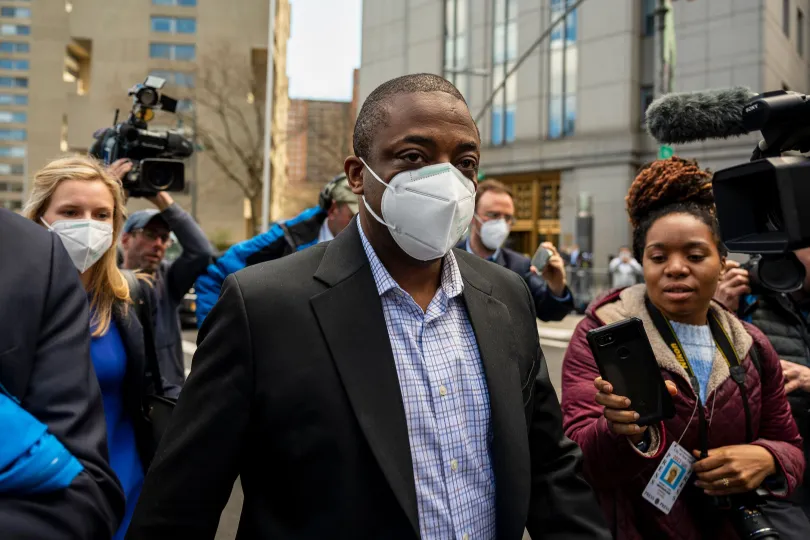How Brian Benjamin aims to quash his corruption case: Arguing his quid pro quo was legal
Former lieutenant governor asked a federal judge on Wednesday to dismiss charges relating to a campaign matching-funds scheme exposed by THE CITY.

 This article was originally published on by THE CITY
This article was originally published on by THE CITY
Back in March 2017, the Manhattan U.S. attorney announced there would be no corruption charges filed against then-Mayor Bill de Blasio, even though the office had established that de Blasio had raised donations from individuals seeking favors from City Hall.
In that case, de Blasio’s donors gave money to a nonprofit the mayor controlled, not to the mayor personally. Then-Acting U.S. Attorney Joon Kim noted “the particular difficulty in proving criminal intent in corruption schemes where there is no evidence of personal profit.”

Brooklyn Boro
View MoreNew York City’s most populous borough, Brooklyn, is home to nearly 2.6 million residents. If Brooklyn were an independent city it would be the fourth largest city in the United States. While Brooklyn has become the epitome of ‘cool and hip’ in recent years, for those that were born here, raised families here and improved communities over the years, Brooklyn has never been ‘uncool’.